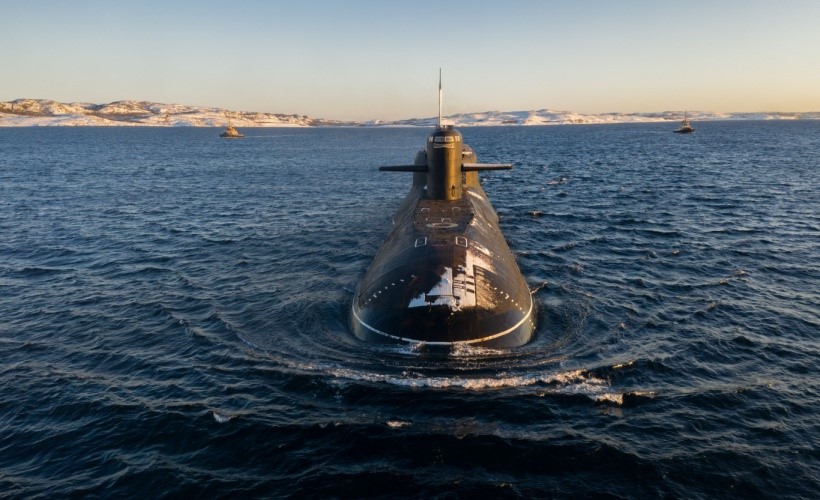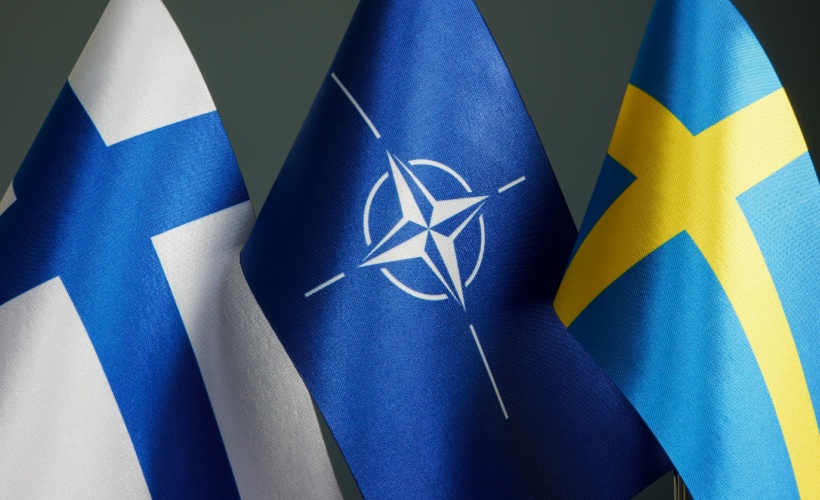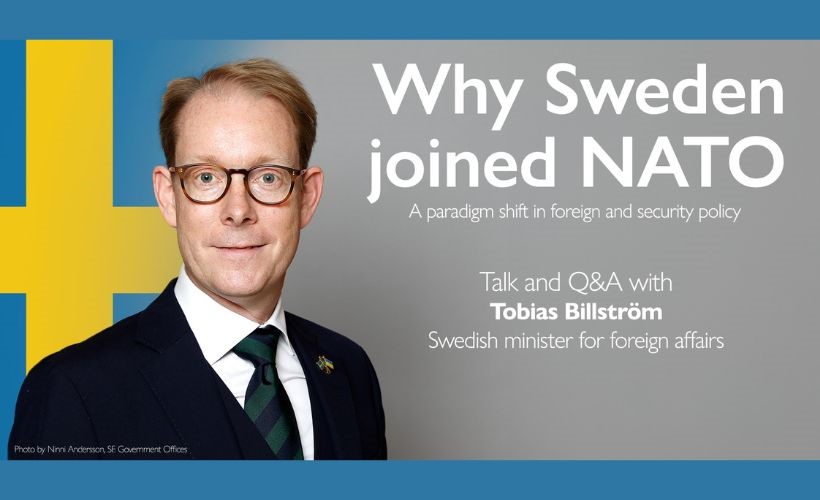The Centre for Geopolitics and the Centre for the Study of Existential Risk, with support from the European Leadership Network, are pleased to jointly host a panel on Nuclear Risk Reduction in the Baltic Sea Region
Vladimir Putin’s decision to install nuclear weapons in Belarus follows threats about the use of nuclear weapons from Kaliningrad, Russia’s Baltic territory. The war in Ukraine has raised the salience of these threats and has blown away any doubts that European security is under severe strain. Though the main focus of the Russian remains their the war in Ukraine, the risk of conflict in the Baltic Sea region remains very much alive. These threats explain the significant increases in defence spending in many European states, and the radical shift in public and government alignment which has led to the path of both Finland and Sweden to formal NATO membership.
In these circumstances nuclear risk reduction has become an important topic of debate, but there is a lack of clarity about how this could best be addressed. Proposals to reduce nuclear risks fit broadly into three areas: military (nuclear) force posture (capabilities); military (nuclear) doctrine (intention); and communication and relationships (understanding). All are important and ideas might range from hardened lines of reliable communication to restraint in deployments (including a Baltic nuclear weapon free zone). But one indisputable element is the need for better communication links and understanding, both between allies and with adversaries. The uncertainties caused by both political realignments and emerging disruptive technologies such as AI and cyber have uncertain and potentially revolutionary impacts.
In this context the panel will consider:
- Prevalent attitudes in northern Europe to nuclear risk reduction in the context of the Ukraine war and reactions across Europe.
- Governments’ management of the changing balance between facing down Russian aggression and nuclear risk reduction.
- Differing elements of nuclear risk reduction, and their relationship with nuclear deterrence.
- Prospects for developments, and realistic arenas and approaches for negotiation.
This discussion panel will begin the process of gathering proposals in these fields and assessing them on the basis of their utility and realistic political, strategic and diplomatic prospects. This is particularly pertinent for policy discussions in NATO at present. It is hoped to follow up this online panel with an in-person seminar in the autumn
Panel:
Artis Pabriks, Minister of Foreign Affairs of Latvia 2004-2007, Minister of Defence of Latvia (2019-2022) and Director, The Northern European Policy Center
Dr Marion Messmer, Senior Research Fellow, International Security Programme at Chatham House
Paul Ingram, Academic Programme Manager, Centre for the Study of Existential Risk and former Executive Director of the transatlantic British American Security Information Council 2007-19
Chair: Rt Hon Charles Clarke former Home Secretary and Co-founder of the Baltic Geopolitics Programme at Cambridge







